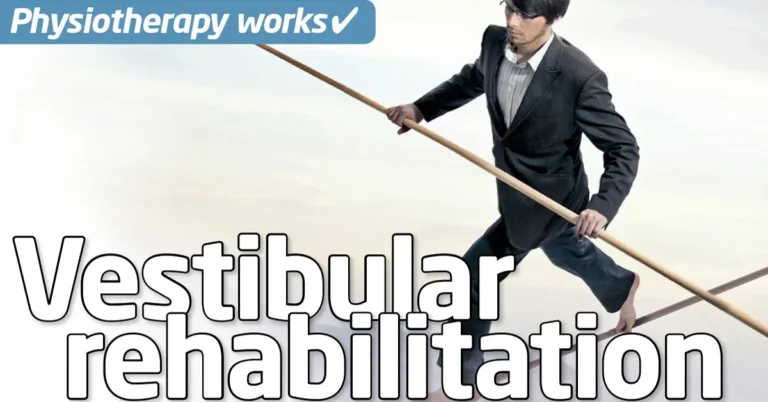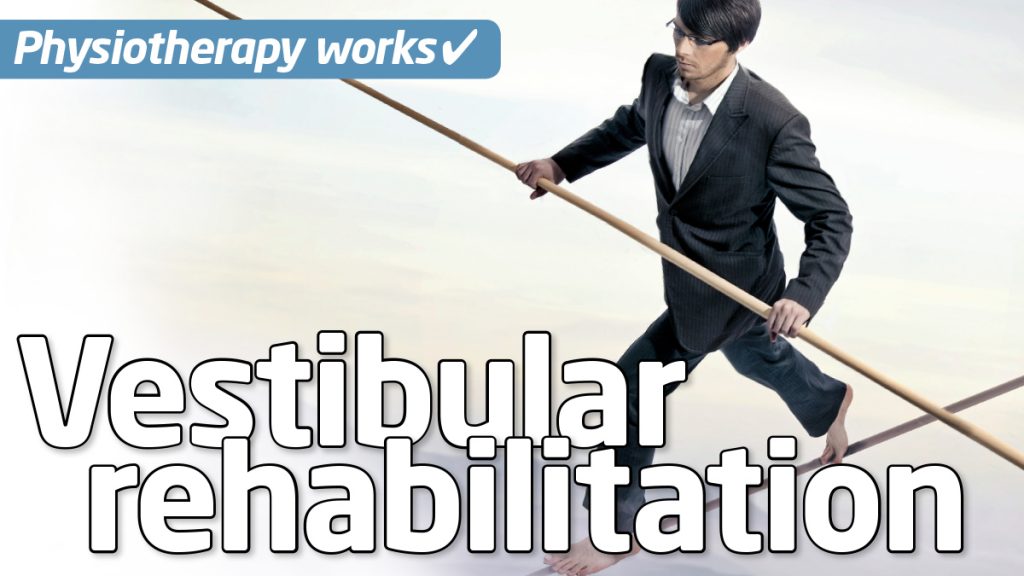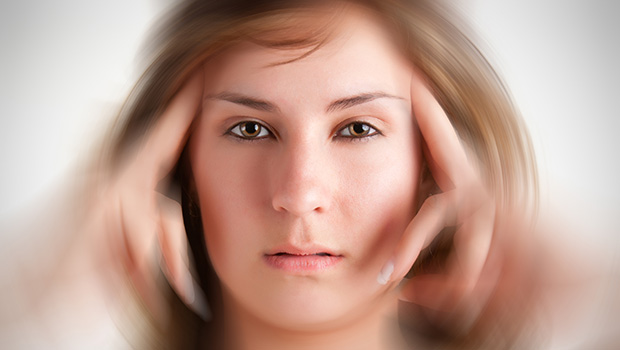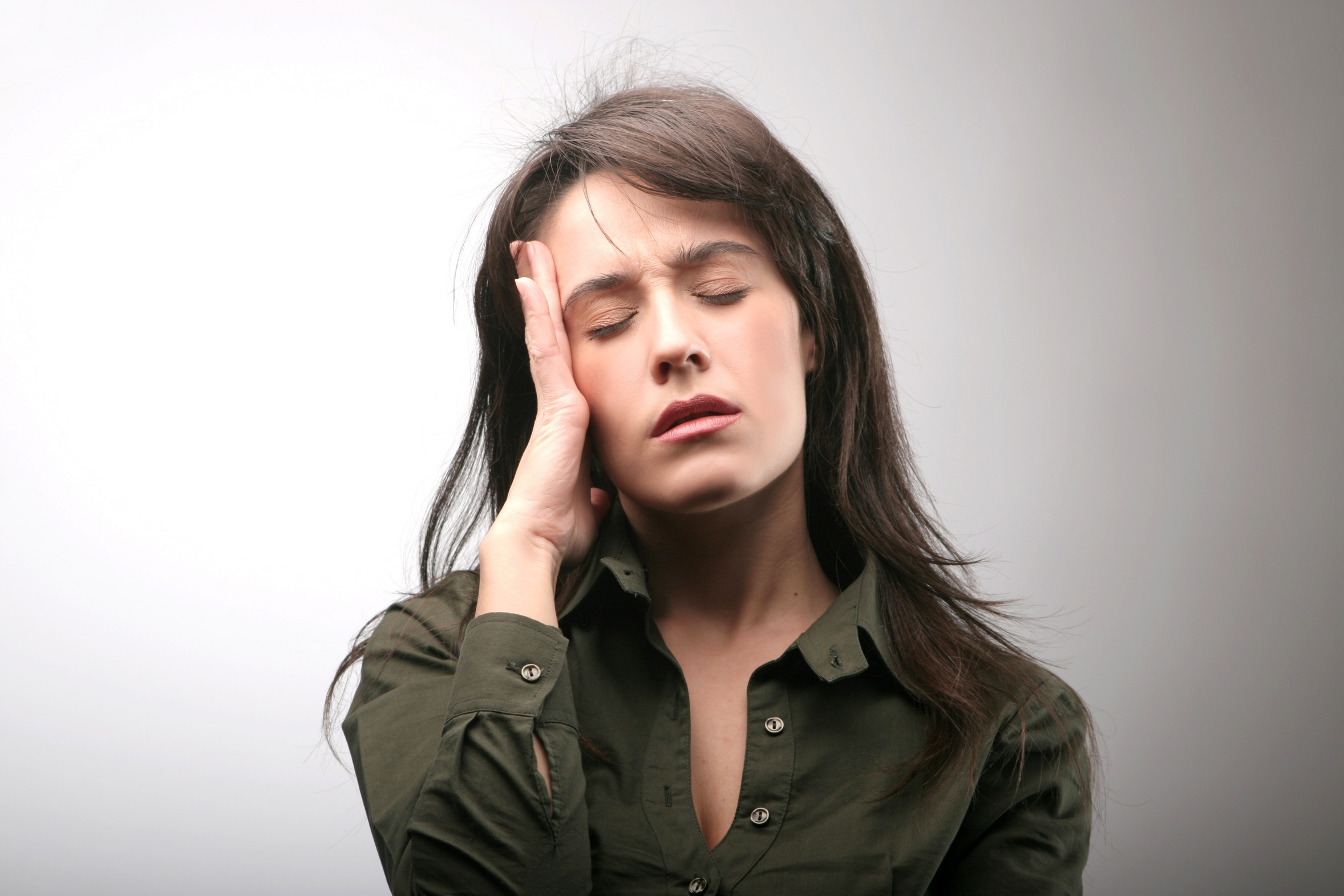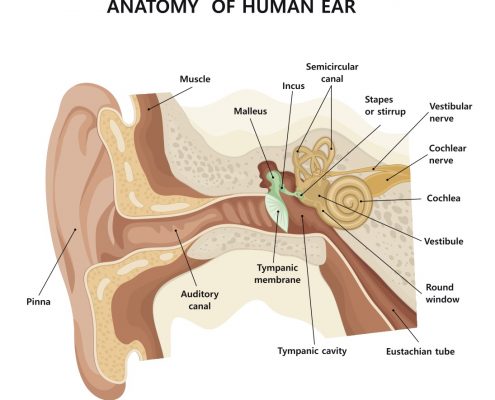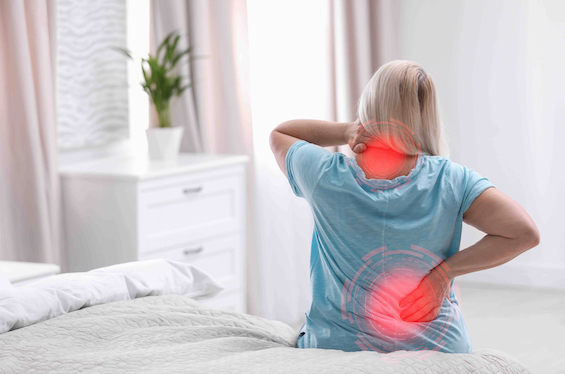Vestibular rehabilitation is a specifically designed series of exercises to help improve balance or dizziness related problems. Each exercise program is designed by a physiotherapist experienced in vestibular disorders for an individual client.
Anyone who has been diagnosed with, or experiences dizziness, vertigo, imbalance, experiences regular falls, has benign paroxysmal positional vertigo (BPPV), neck movement dizziness, Meniere’s Syndrome, has had a concussion or suffers from regular headaches or migraines may benefit from a vestibular rehabilitation program.
Often elderly patients are put on medication and told there is nothing more they can do and very few get referred to the local hospital’s ‘dizzy clinic’. Therefore to find treatments are available without a waiting list that may help them is a relief to most.
The physio will perform a thorough assessment including questions and physical evaluation. The results will be explained in detail to the patient and any questions or concerns addressed at the same time.
The physiotherapist will then design an individualised exercise plan along with personalised advice on the recommended frequency of treatment sessions. This may vary from patient to patient due to a number of different factors.
The treatment plan may include exercises to develop postural strength, gait and components of the balance system. These exercises may be for various parts of the system such as eyes, ears and legs.
A home exercise program will be designed and implemented specific to the tolerance, physical condition and diagnosis of each patient. Patients requiring Vestibular Rehabilitation can be very different from each other and may progress at different rates. Some may need only a couple of sessions and some basic guidance and others a progressive rehabilitation program over many weeks.
How can Vestibular Rehabilitation help?
Most balance problems can be helped through vestibular rehabilitation. The goal of treatment is to minimize dizziness, improve balance and prevent falls by restoring normal function of the vestibular system.
The exercises are designed to retrain the brain to recognize and process signals from the vestibular system, therefore desensitizing the patient to movements that provoke symptoms. Improving the communication between the three main systems will often lead to an improvement in the condition.
The ultimate goal of vestibular rehabilitation is to restore normal every day function. Other expected outcomes after vestibular rehabilitation are as follows:
- Decrease or resolution of dizzy episodes
- Reduction of falls
- Improved balance and motion control during function
- Improve ability to stabilize stare or gaze
- Reduction of headaches
What causes Vestibular disorders?
Many people experience equilibrium disorders at some point in their lives and feel that the loss of balance or unsteadiness is a result of natural ageing. They are often surprised to learn that the source of the problem may be the information processing between the inner ear, the eyes and the proprioception receptors of the body (in joints, ligaments and tendon tissues). The vestibular system includes parts of the inner ear and is the primary organ of human equilibrium. Human equilibrium (balance) is a complex interaction requiring accurate input from the vestibular, vision and somatosensory systems. Any imbalance within the information produced causes confusion in the system and hence symptoms develop.
The vestibular system can be affected by illness, infections, mechanical changes or head trauma to the brain (even from simple falls). The brain will receive altered signals as an exaggeration of motion that can result in what we experience as dizziness or vertigo.
What are the symptoms of Vestibular disorders?
- Vertigo and dizziness
- Imbalance, spatial disorientation (or need to hold on to an object when walking)
- Visual disturbances
- Headaches or migraines
- Hearing changes are possible
- Cognitive and/or psychological changes
- Frequent falls
- The sensation of “foggy” head or wooziness
How long does it take to recover from Vestibular disorders?
This is the most common question asked by our patients and a difficult one to answer. This is because there are so many causes for vestibular symptoms like dizziness or loss of balance. Generally, a simple BPPV patient will respond to one or two treatments and some simple exercises. But others with longer standing issues may take 6-8 weeks to begin to show good improvement. Some patients respond quicker, others may take longer.
What physiotherapy treatment is commonly used for BPPV patients?
For patients suffering from vertigo (Benign Paroxysmal Positional Vertigo) they will generally receive:
- a very gentle manipulation called Epley’s Manoeuvre
- or Brandt Daroff / Cooksey Cawthorne type exercises (great names but they are simple exercises to retrain the system)
For patients suffering from more general vestibular problems they will generally receive any of the following types of therapy:
- Balance retraining
- Vision stability exercises
- Stable walking exercises
- Postural training
- Neck mobilisations
- Manual therapy
- Relaxation/Breathing training
- General fitness
Our Vestibular physiotherapists have years of experience and are here to help. If you think you may benefit from assessment for a Vestibular problem please give us a call on 0131 478 4646. Only some of the team see these patients so please do not book online. Our friendly team will point you in the right direction.
